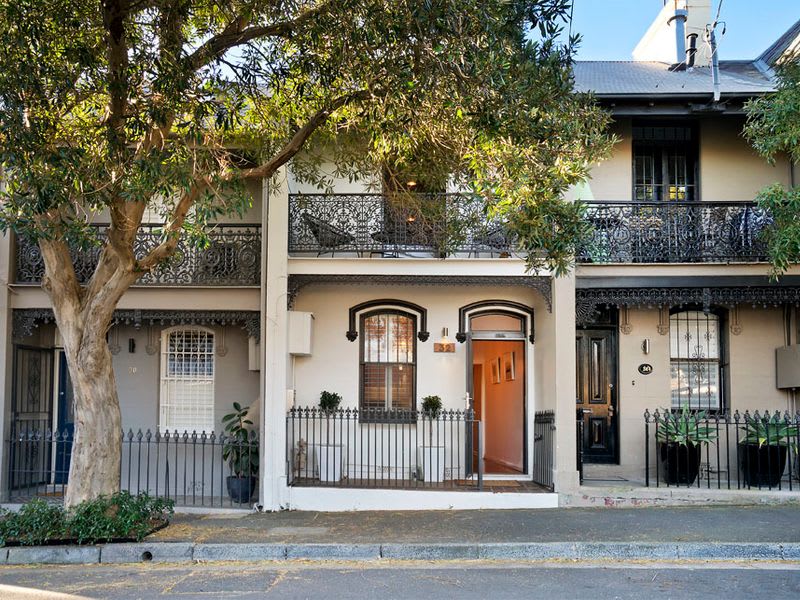How Can I Avoid Property Tax in Australia?
Property tax is a significant financial burden for many Australians. It’s essential to be aware of legal methods and strategies to minimize or even avoid property tax as much as possible. In this article, we’ll explore various ways to do just that, making sure you stay compliant with Australian tax laws while reducing your property tax liability. How can I avoid property tax in Australia?
1. Take Advantage of Principal Place of Residence (PPR) Exemptions
The Australian tax system provides an important exemption called the Principal Place of Residence (PPR) exemption. This exemption allows homeowners to avoid paying capital gains tax (CGT) when selling their primary residence. To qualify for this exemption:
a. Live in Your Property
To claim the PPR exemption, you must establish and maintain your property as your primary place of residence. This means you must physically live in the property.
b. Avoid Renting It Out for Extended Periods

How can I avoid property tax in Australia?
While you can rent out a room or part of your property for extra income, prolonged periods of renting may impact your eligibility for the PPR exemption. Ensure that you primarily use your property for personal purposes.
2. Take Advantage of Property Depreciation
Property depreciation refers to the wear and tear of a property over time. In Australia, you can claim tax deductions on the depreciating value of your investment property. Two types of depreciation deductions are available:
a. Division 43 Capital Works Deduction
This deduction covers the structural elements of your property, such as walls, floors, and roofs. Ensure that you engage a qualified quantity surveyor to assess and calculate the depreciation amount for these capital works.
b. Division 40 Plant and Equipment Deduction
This deduction relates to the removable assets within your investment property, such as appliances and furniture. To claim this deduction, have a depreciation schedule prepared by a quantity surveyor or use the diminishing value method.
3. Explore the 6-Year Rule for Renting Your Property
If you temporarily rent out your principal place of residence, you can take advantage of the 6-year rule. This rule allows homeowners to continue claiming the PPR exemption even when they rent out their property for up to six years.
a. Time Your Property Sale
If you’re planning to sell your property, consider the timing carefully. Selling within the six-year period means you can still claim the PPR exemption for capital gains tax purposes. Beyond six years, you may lose this benefit.
b. Keep Detailed Records
Proper record-keeping is crucial to ensure you stay compliant with the 6-year rule. Maintain records of when the property was rented, rental income, and periods when it was your primary residence.
4. Consider Small Business CGT Concessions
If you’re a small business owner and your property is linked to your business, you may be eligible for Small Business Capital Gains Tax (CGT) concessions. This can help you significantly reduce your CGT liability when selling the property.
a. Qualification Criteria
Check the specific criteria for small business CGT concessions, including the turnover of your business and the type of property you own. Consult with a tax professional to determine your eligibility.
b. Seek Professional Guidance

Utilizing these concessions can be complex, so it’s wise to consult with a tax advisor or accountant who specializes in small business tax matters to ensure you maximize your savings.
5. Explore Tax Deductions for Investment Properties
When you own an investment property in Australia, you can claim various deductions to reduce your taxable income. Some common deductions include:
a. Interest Expenses
You can claim interest expenses on loans used to purchase your investment property, including mortgage interest and loan fees.
b. Property Management Fees
If you hire a property manager, their fees can be deducted from your taxable income. This includes costs related to advertising, tenant screening, and ongoing property management.
c. Repairs and Maintenance
Expenses related to the repair and maintenance of your investment property are tax-deductible. Keep records of these expenses for accurate deductions.
6. Consider Property Ownership Structures
The way you structure your property ownership can impact your tax liability. Options include owning the property individually, as joint tenants, tenants in common, or through a family trust. Each has its own tax implications, so it’s essential to seek legal and financial advice to determine the best structure for your situation.
a. Joint Tenants vs. Tenants in Common
If you co-own a property, understanding the difference between joint tenants and tenants in common can help you make an informed decision based on your financial goals and circumstances.
b. Family Trusts
Family trusts can provide tax advantages, especially if you have multiple beneficiaries. Consult with a legal professional to set up and manage a trust structure effectively.
7. Regularly Review Your Financial Situation
Your financial situation and goals can change over time. Regularly reviewing your property ownership and tax strategies is crucial to ensure you are always optimizing your tax position. Seek the guidance of financial advisors or tax professionals to stay updated with the latest tax laws and opportunities.
Conclusion
Property tax in Australia can be a significant expense, but with proper planning and strategic choices, you can minimize your tax liability. The key is to stay informed about the available tax concessions, exemptions, and deductions and consult with professionals to make the best choices for your specific situation. By following the strategies outlined in this article, you can navigate the Australian tax system more effectively and potentially reduce your property tax burden. Find CBD taxing services see here.

